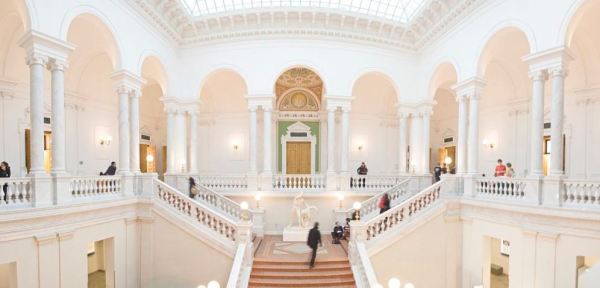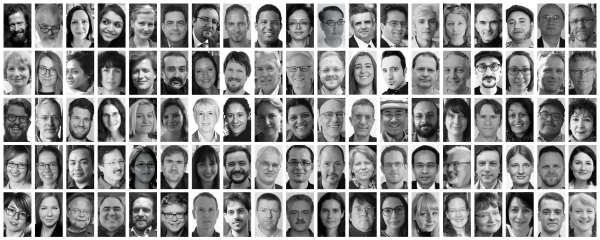|
If the newsletter does not display properly, please click here. |

|
|
|
|
|
Dear colleagues and friends, on behalf of our directors Monika Wohlrab-Sahr and Christoph Kleine we would like to invite you to our upcoming final conference on Eight Years CASHSS "Multiple Secularities": Outcome and Prospects through the Eyes of our Interlocutors (12-14 October 2023, Leipzig University). The occasion for this conference is the end of the eight-year funding period of the Centre for Advanced Studies in the Humanities and Social Sciences “Multiple Secularities – Beyond the West, Beyond Modernities” next year. Over the course of these eight years, dozens of fellows from various countries and different disciplines, working on a diverse range of regions and historical focuses, have helped us tremendously to discuss, reflect and sharpen our concept of multiple secularities, to underpin it empirically and to theorise it more thoroughly. We are extremely grateful for this highly productive exchange. We want to get together once again with our interlocutors and discuss what has been achieved, to celebrate the encounters made here, and the community that this project has enabled with colleagues around the world. We want to recapture the constructive and engaging atmosphere for discussions that has been a hallmark of the Centre for most of its existence and would be very pleased if you would join us for this occasion. This special newsletter gives you a preview of the conference programme. We look forward to meeting you and having a productive and lively exchange at our final conference! |
|
Please register for the conference via multiple-secularities@uni-leipzig.de by 25 September. Most sessions will take place in a hybrid format, on-site and via zoom, please indicate whether you will be attending on-site or online. |
|

|
|
Keynote Lecture by Reinhard SchulzeReinhard Schulze will inaugurate our conference with a keynote lecture on The Normative Status of Secularity and Islamic Genealogies of Worldliness. In the course of its research activities, the KFG "Multiple Secularities" has successfully worked on the development of a new research paradigm that focuses on a synchronic as well as diachronic examination of global processes of differentiation of religious and secular orders. It remains a matter of debate whether "secularity" can be expanded into an analytical concept that could serve as a key term for a transcultural theory of the modern order of religion and the world. It is still undecided whether (1) there can be a global theory of secularity at all beyond the nominalistic content of the term and, if so, whether (2) such a "realist" theory can also be applied diachronically to traditions for which the term "secularity" has not been empirically documented. Furthermore, (3) the question must be clarified how the process leading to the differentiation of a normative order into religious and worldly orders can be modelled historiographically. Finally, (4) it is to be determined more precisely whether, in a world-historical perspective, there is today a normative order that has standardised the religion and secularity order, and, if so, how they have genealogically converged in a standardised order of modern "secularity". Reinhard Schulze will pursue these questions in the context of the history of the Islamic tradition and propose preliminary answers.
|
|

|
|
|
The main part of the conference will consist of 9 panels with a total of 29 presentations, bringing together colleagues working on various regions and historical focuses and from many disciplines, to reflect on the Multiple Secularities approach. Secularity and Modernity
Conceptual Explorations of the Multiple Secularities Framework
|
| Complete Programme |

Panel Discussion: Contested Secularities - A Global Scenario
The closing session of our final conference will be a panel discussion entitled
Contested Secularities - A Global Scenario.
The interest in distinctions and differentiations between religion and the secular – which we call secularity – is not merely academic. It touches deeply on societal struggles and sometimes even goes along with culture wars. This often concerns the relationship between the state and religion. However, everyday life, the family, education, science, and a variety of cultural spheres can also become battlegrounds. This panel will bring different cases, e.g. from Turkey, India, Iran, Russia and Israel, together to discuss them in comparison and relate them to the academic debate.
14 October | 3.30 pm (CET)
Bibliotheca Albertina, Lecture Hall
Beethovenstraße 6, 04107 Leipzig
| More |
|
Kolleg-Forschungsgruppe "Multiple Secularities - Beyond the West, Beyond Modernities" Nikolaistraße 8-10, 04109 Leipzig Mail: multiple-secularities@uni-leipzig.de |